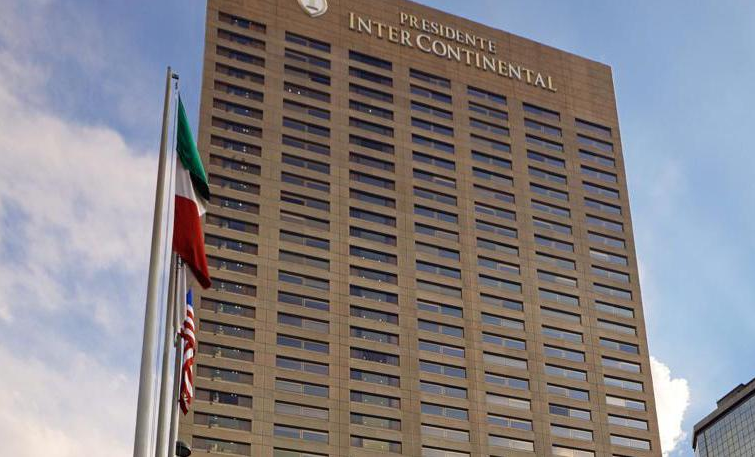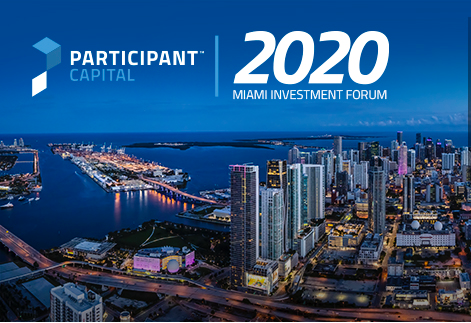¿Son demasiado caras las acciones de baja volatilidad?
| Por IreneValiente | 0 Comentarios
Incluso cuando las acciones globales subieron en 2019, la volatilidad del mercado persistió. Algunas mediciones reflejan que aquellas de menor volatilidad ahora parecen bastante caras. Pero, según AllianceBernstein, las acciones de alta calidad que pueden ayudar a proteger las carteras se pueden encontrar a precios razonables, si sabes dónde buscar.
Los inversores en renta variable hicieron un viaje salvaje en 2019. El MSCI World Index subió un 27% en términos de moneda local, desafiando los titulares sobre las tensiones comerciales entre EE.UU. y China, el riesgo político global y las preocupaciones macroeconómicas.
“Sin embargo, las ganancias han sido de todo menos estables”, aseguran expertos en renta variable de la gestora en un artículo. En ese sentido, en los últimos dos años, el mercado subió o bajó más de un 1% en 71 días: un gran aumento desde 2017, cuando tales ganancias o pérdidas bruscas solo se produjeron cinco veces.
Demanda de retornos más suaves
Para AllianceBernstein, mantenerse fiel a la renta variable a veces requiere nervios de acero; “y no todo el mundo puede manejar la presión”. Por eso, muchos inversores se han trasladado hacia acciones de menor volatilidad, cuyo objetivo es capturar el potencial de retorno de la renta variable con pautas comerciales más suaves. Los fondos cotizados con los términos “baja volatilidad» o «mínima volatilidad» en sus denominaciones tenían 106.800 millones de dólares en activos a 31 de diciembre, impulsados por fuertes entradas de 28.200 millones de dólares a lo largo del año, según datos de Morningstar.
“Su popularidad ha creado un desafío: las acciones de baja volatilidad parecen caras”, destaca la gestora. A finales de diciembre, el MSCI World Minimum Volatility (Min Vol) se negoció a una ratio precio/beneficio de 23,9, una prima del 20% respecto al MSCI World. En términos históricos, el Min Vol se encuentra en la parte superior de su rango de valoración frente al MSCI World desde 2003. Para muchos, esto parece un precio alto a pagar por la estabilidad.
“Pero los índices de referencia pueden ser engañosos”, advierte. Dado que se centran en un conjunto estrechamente definido de características de menor volatilidad y no tienen en cuenta la valoración, los índices pueden desviarse fácilmente hacia acciones y sectores más caros.
Comprar calidad al precio adecuado
Es más, algunos de estos sectores no ofrecen la calidad que se podría esperar en una asignación de menor volatilidad. Por ejemplo, la rentabilidad de los servicios públicos, las telecomunicaciones y los productos de primera necesidad es muy baja en comparación con su historial desde 2003. Y, aun así, el Min Vol tiene una gran sobreponderación en cada uno de estos sectores frente al más amplio MSCI World. Mientras, la rentabilidad de las acciones tecnológicas es muy alta en perspectiva histórica, pero el Min Vol está infraponderado en el sector.
En una asignación global, las diferencias regionales también importan, apunta AllianceBernstein. “Por ejemplo, nuestra investigación muestra que las acciones que ofrecen calidad y estabilidad son relativamente caras en Europa hoy en día”.
A su juicio, la moraleja de esta historia es que las valoraciones no pueden ser observadas de forma aislada. Los inversores deben examinar las acciones individuales para medir si tienen flujos de efectivo de calidad que sostengan patrones de retornos estables. “A veces vale la pena pagar un poco más por negocios de alta calidad. Y algunas acciones caras que pertenecen a un sector tradicionalmente defensivo no tienen la calidad subyacente que justifique la etiqueta de precio”, señala.
Carteras de baja volatilidad
La gestora considera que no todas las carteras de baja volatilidad son iguales. “Para ser eficaces, deben estar dirigidas a acciones a precios razonables de empresas de alta calidad que puedan producir flujos de caja robustos a través de entornos de mercado cambiantes”, añade.
Los inversores tienen motivos para preocuparse por las valoraciones, ya que, si los mercados bursátiles se corrigen después de un año sólido, los títulos caros pueden verse afectados. Pero, en su opinión, no es una buena razón para evitar las acciones.
“Dado que es casi imposible cronometrar los puntos de inflexión del mercado, una asignación a la renta variable de baja volatilidad con un claro enfoque hacia valoraciones atractivas puede ser un antídoto para la volatilidad futura y permitir a que los inversores se beneficien del mayor potencial de rendimiento a largo plazo de la renta variable”, asegura.
Según AllianceBernstein, las estrategias pasivas no son sensibles a las valoraciones cuando se asignan a valores de baja volatilidad. Algunos sectores relativamente caros, como los servicios públicos, se encuentran entre las mayores sobreponderaciones en el Min Vol. Y las carteras de índices o pasivas no pueden ajustar las ponderaciones de los valores individuales con valoraciones altas.
“Apostando por los títulos con valoraciones atractivas, creemos que los inversores activos pueden crear carteras con patrones de retornos estables que pueden soportar más presión en tiempos de tormenta que sus pares pasivos”, sentencia.












